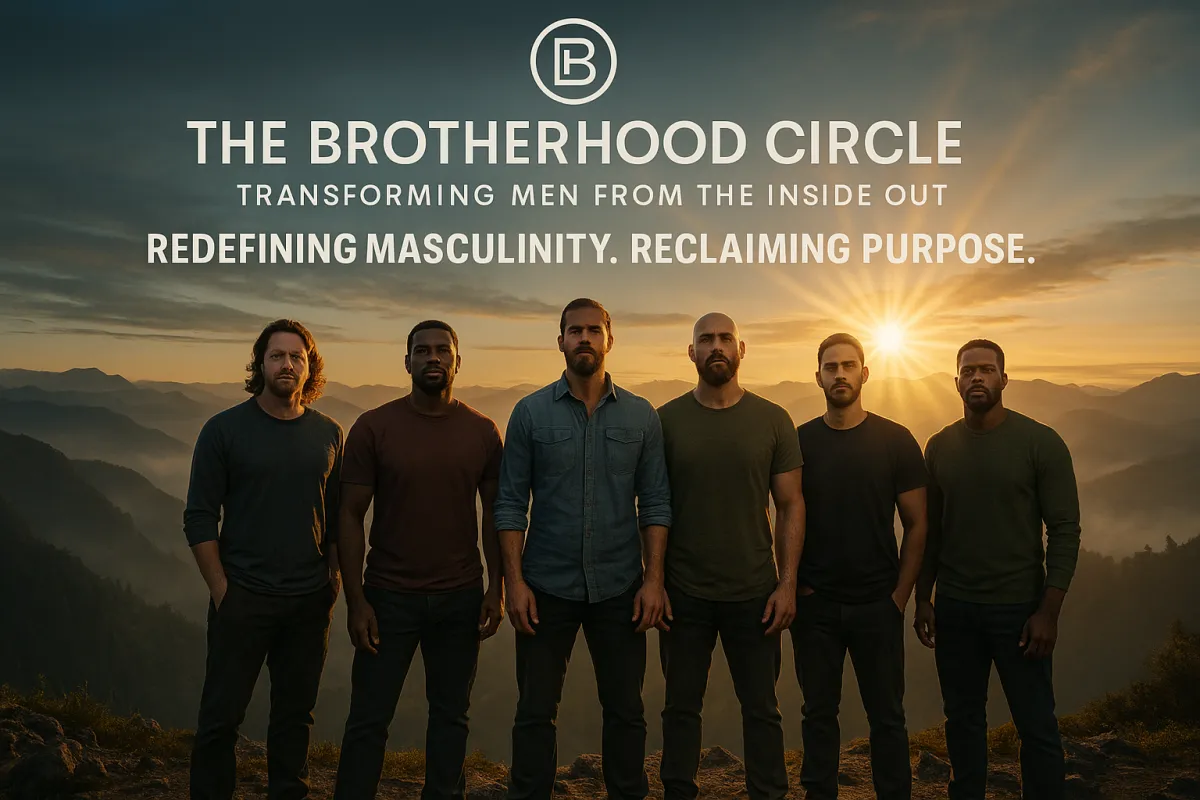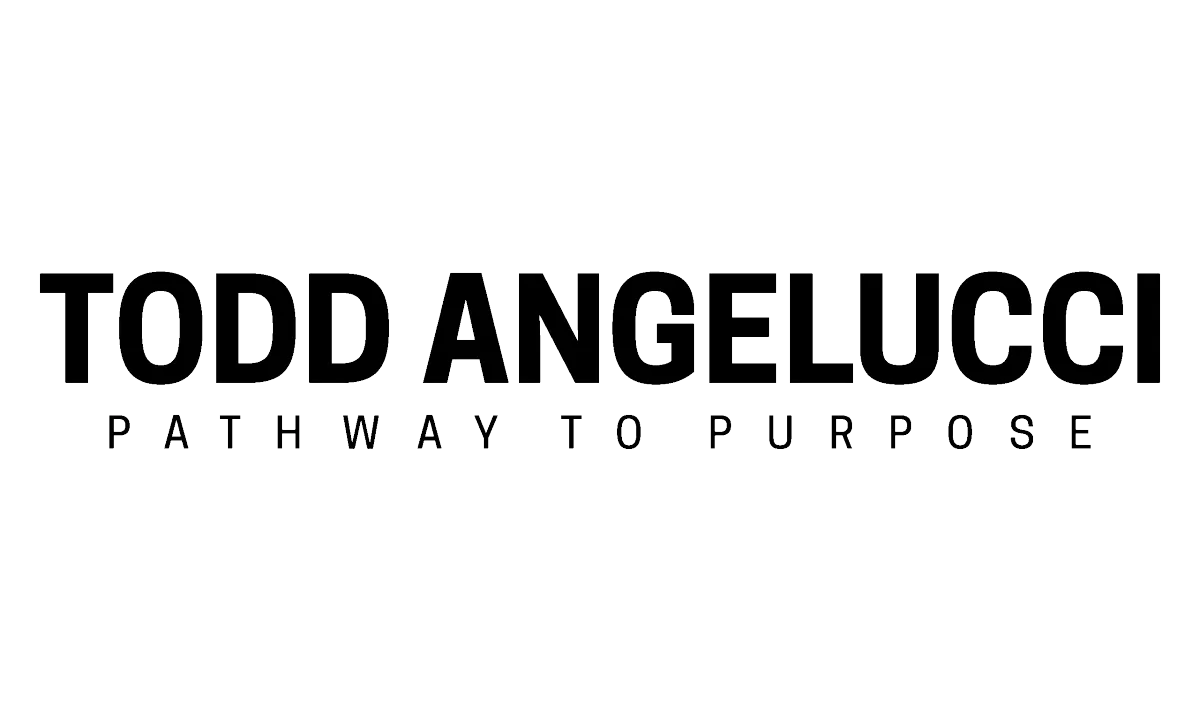MEN
Men, Leadership
& Purpose

Men, Leadership & Purpose:
The Inside-Out Path to Becoming Who You Were Meant to Be
The Reality for Men Today
In the past 50 years, the role of men in society has shifted dramatically — but the guidance on how to navigate that shift hasn’t kept pace.
Here’s what the research shows:
In the past 50 years, the role of men in society has shifted dramatically — but the guidance on how to navigate that shift hasn’t kept pace.
Here’s what the research shows:
Here’s what the research shows:
Suicide rates for men are nearly 4x higher than for women (CDC, 2023) — yet men are far less likely to seek help.
1 in 3 men report feeling seriously lonely on a regular basis (Harvard Study on Adult Development, 2021).
Men’s testosterone levels have dropped by an estimated 25% in the last 30 years, impacting energy, mood, and drive (Journal of Clinical Endocrinology & Metabolism, 2007).
The divorce rate for men in their 40s and 50s has doubled since 1990 (Pew Research, 2020), often linked to disconnection, lack of presence, and emotional withdrawal.
The numbers paint a clear picture:
Men aren’t failing because they’re weak — they’re failing because we’ve been told to bury what makes us strong.
Why Men Struggle
From my work with men — and my own journey — the core struggles usually come down to:
Identity Erosion – Society tells men to be less of themselves to “fit in,” leading to suppressed masculinity.
Emotional Suppression – We were taught to avoid vulnerability, making emotional regulation a blind spot.
Isolation – Many men lack trusted male friendships or spaces to be real.
Health Decline – Stress, poor habits, and lack of discipline drain physical vitality.
Relationship Breakdown – Without presence and polarity, connection fades and resentment grows.
The Masculine Integration Theory
I developed the theory to help men break out of these cycles and reclaim grounded masculine leadership.
It’s built on three stages:
Suppressed Masculinity – A man operates from survival, hides his struggles, and avoids deep confrontation with himself.
Fragmented Masculinity – A man finds success in some areas but neglects others, leading to instability and dissatisfaction.
Reclaimed Masculinity – A man integrates strength, emotional mastery, health, purpose, and presence into a unified identity.
What makes RMIT different is that it’s not a “linear” process. It’s cyclical, with feedback loops to help men continuously grow, refine, and maintain their edge — even when life throws challenges their way.
What I Teach Men
Learn how to stop outsourcing your power to circumstances or roles
Unpack emotional reactivity and cognitive distortions
Practice reclaiming authority in real-time interactions (role-play, reflection)
The Role of Brotherhood
Week 4: Emotional Accuracy & Ownership
Emotional intelligence isn’t enough—learn emotional accuracy
Identify what emotions are pointing to beneath the surface
Practice naming, owning, and transforming emotional habits
The Transformation: From Challenge to Result
Week 5: From Self-Mastery to Influence
How self-leadership impacts every room you walk into
The mirror effect: how others reflect your unresolved agreements
Becoming a mirror, not a mask in leadership and mentorship
What Men Tell Me After Doing This Work
Week 6: Mentoring Without Manipulation
Learn the difference between saving people and mentoring them
Understand projection, transference, and spiritual bypassing in coaching
Learn how to create safe spaces that invite transformation, not dependency
Week 7: The Integrated Leader
Your story of change becomes a strategy for others
Practice integrating your new leadership blueprint into conversations, sales, boundaries, and relationships
Learn how to invite others into their own transformation without ego or agenda
Week 8: Rebuilding Culture from the Inside Out
Develop your own mentorship philosophy
Learn how to build cultures of ownership, clarity, and conscious agreement
Commit to showing up as the leader you never had but always needed
The Brotherhood Circle: Transforming Men from the Inside Out
Redefining Masculinity. Reclaiming Purpose.
The Brotherhood Circle — a powerful, judgment-free space where men grow together, from the inside out.
This group is for high-integrity men who are ready to stop pretending everything’s fine and start living with purpose, power, and presence. Whether you're navigating career shifts, financial pressure, relationship struggles, or internal battles with shame and identity—you're not alone anymore.

Take My
Assessment
The biggest issue for most professionals and entrepreneurs is that they know so much about themselves already that they often are missing out on the habits that are actually holding them back. I have an assessment that accurately measures their habits of thinking and helps uncover the ones that are sabotaging their best efforts.

LINKS
JOIN OUR NEWSLETTER
Copyright 2025. Pathway to Purpose. All Rights Reserved.
